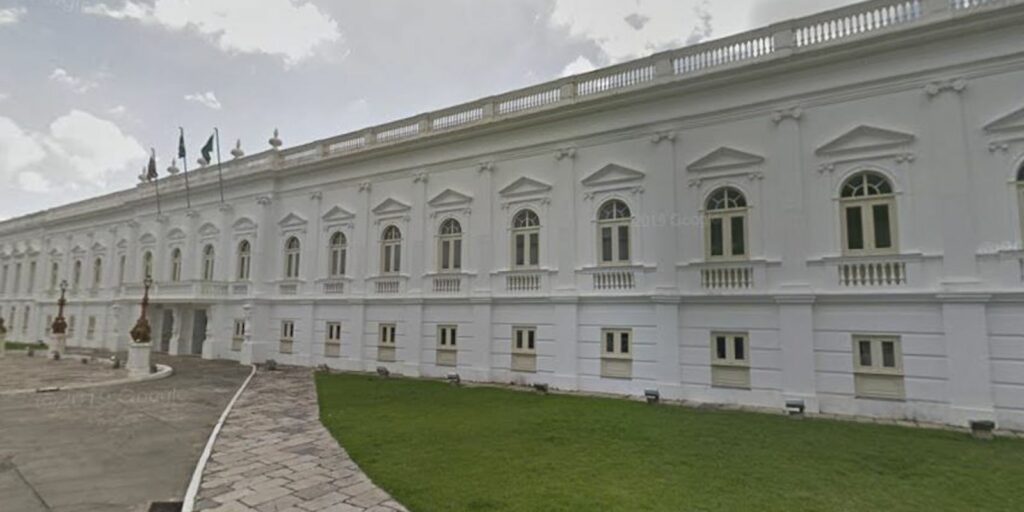Bogotá defended this Tuesday before the International Court of Justice (ICJ), in the open dispute with Nicaragua, that the continental shelf claimed by Managua as a right “no” can legally extend within 200 nautical miles of Colombiain response to questions posed by this court.
(Read: Government would tender six power transmission lines).
The Colombian agent before the ICJ, Eduardo Valencia-Ospina, had the turn to speak, after yesterday Nicaragua defended its position on the dispute with Colombia over the delimitation of the continental shelf beyond 200 nautical miles from the Nicaraguan coast. .
Valencia-Ospina pointed out that Colombia’s arguments have been “of a triple nature: legal, technical and institutional”, but in this first round of oral arguments he can only focus on two questions posed by the ICJ: first, whether – according to customary international law – the right of a State to a continental shelf beyond 200 nautical miles from its coast extends within 200 nautical miles of another State.
“Can a State’s claim to a continental shelf beyond 200 nautical miles cross and amputate the rights of another State within its 200 nautical miles of maritime coastline? A short answer is: no,” she posed. In addition, the ICJ asked them to clarify whether there are criteria in customary international law to determine the limit of the continental shelf beyond 200 miles from “the baselines from which the breadth of the territorial sea is measured”.
(In addition: Peasants, close to being recognized as special subjects of protection).
“The short answer again: no. This is the Colombian position”, he reiterated. The Colombian agent stressed that Bogotá’s position “conforms to the law of the sea” and “is firmly supported by the practice of the States, and is in line with the points of view of the neighboring States of the Caribbean Sea that have protested against the exorbitant request” of Nicaragua.
One of the standards under debate in this case is the United Nations Convention on the Law of the Sea (UNCLOS). “The two questions posed by the court are preliminary questions that do not enter into a discussion of maritime delimitations. I stress this point because yesterday Nicaragua dealt with the maritime delimitation. There was no reason for the (Nicaraguan) agent to consider what constitutes an equitable solution under UNCLOS Article 83,” he added.
In addition, he pointed out that Colombia is “the first country, and hopefully the last, that will have to defend itself in a case in which the entire supposedly relevant area is located closer to its coast than that of the applicant”, but assured that Bogotá will continue “participating in legal proceedings” before the ICJ to defend his position.
(Read: With inflation data, the discussion of the 2023 minimum wage begins).
In addition, he stressed that Colombia hopes that “when this procedure ends, the court will have confirmed what it already said in 1995, that the natural prolongation could never” be within 200 nautical miles of another State. The dispute between Colombia and Nicaragua took a turn 10 years ago with the ICJ ruling that modified the limits between the two countries in the Caribbean Sea but, far from settling the issue, gave rise to new lawsuits before that court.
In 2012, due to a case presented in 2001 by the Central American country, Colombia maintained sovereignty over the archipelago of San Andrés, Providencia and Santa Catalinaas well as the keys that make it up, and kept 12 nautical miles of the water that surrounds these territories, but lost almost 75,000 square kilometers of sea with Nicaragua.
Faced with Colombia’s decision not to apply the ruling and declare an Integral Contiguous Zone to exercise its jurisdiction in the waters surrounding the islands and keys “as an archipelago and not as unconnected territories”, Nicaragua returned to the ICJ in 2013.
On that occasion, Managua asked the Court to declare the “exact course” of the maritime border, “beyond” the 200-mile limits defined in the 2012 ruling, and to require Bogotá to repeal laws “incompatible with the sentence” and the revocation of permits granted to Colombian fishing vessels that fish in disputed waters.
In response, Colombia countersued, alleging that Nicaragua “has violated the artisanal fishing rights of the inhabitants of the archipelago, particularly of the Raizal community“, since their traditional fishing banks were outside the 12 nautical miles stipulated in the previous ruling.
Last April, the ICJ considered that there is a violation of Nicaragua’s “sovereign rights and jurisdiction” in its Exclusive Economic Zone (ZEE), and demanded that Colombia “immediately cease its conduct” in that area.
EFE
















